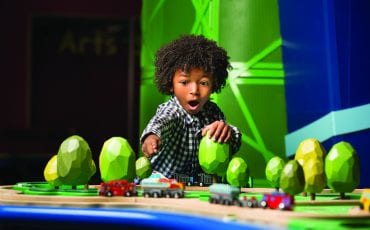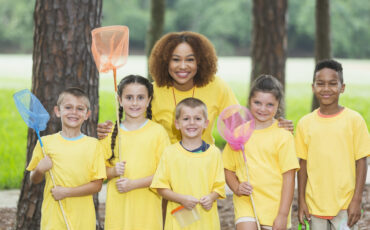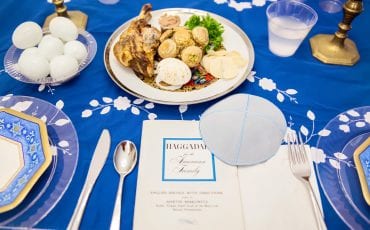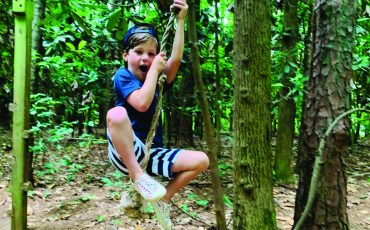13 Ways to Boost Your Child’s Academic Potential

Supporting the habits of life-long learners is an investment in your child’s academic success. The Parent Institute, the U.S. Department of Education and the non-profit, Reading Is Fundamental (RIF) have ideas for creating a learning rich, home environment. Here are their top suggestions:
Table of Contents
Let children see you read
Want your children to be good readers? Share their love of books and reading. Parents may say to children, “This was my favorite book when I was your age” or “I can’t wait to start my new book.”
Relax bedtime rules
Try relaxing your family’s bedtime rules once a week on the weekends. Let your children know that they can stay up as late as they want, as long as they are reading in bed.
Hold D-E-A-R time
“DEAR” stands for “Drop Everything and Read.” During DEAR time, everyone in the family sits down for some uninterrupted reading time. With young children, try reading to them during bath time. Careful with the splashing!
Make a book
Have children make a “book” about themselves with their own illustrations and wording. “A Book About Me” is a great way to help your child see himself as “somebody.”
Talk to family members
Help your child discover their roots by talking with family members over the summer. Then ask your child to write the family member a thank you letter and share all he learned about the relative in the letter.
Praise them
Let kids overhear you praising them to others, particularly about how impressed you are with how they are learning. Always praise their reading efforts.
Read biographies
Encourage children to read biographies about successful people. As children learn about the traits that made others successful, they are often motivated to adopt those same success patterns in their own lives.
Change challenge
Motivate your children in math by challenging them to figure out how much change you should get back from a purchase. If they get the amount right, they get to keep the change.
Encourage kids to collect
This could be rocks, shells, leaves, or stamps. By collecting, children are learning new ways to make sense of their world.
Cook with your children
Have them use measuring spoons, cups and tools for a hands-on lesson in volume and science vocabulary.
Estimate
Estimating is an important math skill. You can help your child learn to estimate at home. Here’s one idea: As you’re driving, estimate the distance to your destination. Then estimate how much time it will take to get there. Use the odometer or a map to check your work.
Writing is useful
Show your child writing is useful. Have him help you write a letter ordering something, asking a question, etc. Then show him the results of your letter.
–Laura Lyles Reagan







